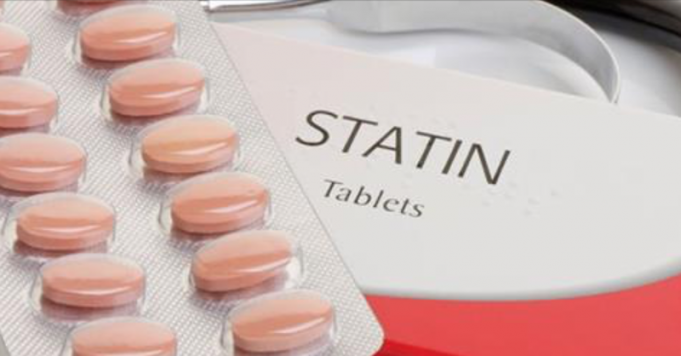Statins are taken by millions of Americans and others to help lower cholesterol, and the number of people taking statins will likely continue to grow. Statin drugs are also known by a few more technical names, such as HMG-CoA reductase inhibitors or hydroxymethylglutaryl-coenzyme A reductase inhibitor drugs. Statin drugs are often indicated to help lower “bad” cholesterol levels along with therapeutic lifestyle changes. Many studies have supported health benefits related to lower cholesterol levels as mentioned below.
Statins May Reduce Risk of Heart Attack and Stroke
By lowering LDL, “bad” cholesterol or low-density lipoprotein, statin drugs tend to be effective in reducing the potential for the incidence of heart attack, stroke, and other cardiovascular-related diseases. The American Heart Association’s (AHA) web site accessed on March 23, 2010 states that “coronary heart disease…is the single leading cause of death in America today.”
According to the AHA’s educational 2007 fact sheet entitled “What are High Blood Cholesterol and Triglycerides?” half of American adults have total cholesterol levels greater than 200mg/dL while approximately 20% of American adults fall within the high risk zone of 240mg/dL of cholesterol or greater.
According to a 2005 National Institutes of Health (NIH) publication 05-3290 entitled “High Blood Cholesterol: What You Need to Know,” total cholesterol levels less than 200mg/dL are desirable.
A lipoprotein profile divides the total cholesterol numbers into:
- LDL, or “bad” cholesterol or low-density lipoprotein
- HDL, or “good” cholesterol or high-density lipoprotein
HDL levels greater than 60 mg/dL help lower the risk for heart disease. The NIH places the following LDL numbers in mg/dL into categories:
- less than 100 is optimal
- 100-129 is near optimal/above optimal
- 130-159 is borderline high
- 160-189 is high
- greater than 190 is very high
High cholesterol is associated with many health problems, including but not limited to:
- clogged and narrow arteries
- impaired blood flow
- blood clots
- coronary heart disease, including heart attack (acute MI) and stroke (CVA)
Cholesterol levels tend to rise with age. Higher risk is associated with ages older than 45 for men and older than 55 for women. Women tend to have an increase in cholesterol equal to that of men after menopause. Heredity is another risk factor for high cholesterol. If early heart disease runs in the immediate family, this could be a major risk that can affect goals for LDL levels. People with high blood pressure, or hypertension, are also at increased risk for serious heart problems.
According to a 2000-2010 Harvard Health Publications online article entitled “Cholesterol-lowering statins aren’t the end of the line for reducing LDL,” many modifiable activities should be considered first in reducing the risk of coronary heart disease and bad cholesterol, including:
- a healthy lifestyle with a cholesterol-lowering diet that is low in fat with plenty of fiber
- a regular exercise program
- weight control
- avoidance of smoking
Medications to lower high levels of LDL, such as statins, fibrate drugs, resin-based therapy, and other drugs that can lower cholesterol
Statins May Help People to Live a Healthier Life
Although diet and therapeutic lifestyle changes can produce positive results in a person’s heart health, many people may still experience high cholesterol levels despite lifestyle changes while others find it difficult to consistently modify risk factors like smoking, diet, exercise, and weight control. A holistic approach is considered the best approach for treating high cholesterol levels. A lower LDL level has been associated with better heart health, including a reduced rate of heart attacks and stroke, and statin drugs are often considered as a prime choice for cholesterol lowering medications, although statins can also have negative side effects in some people.
This article is for informational purposes only and should not be considered medical advice. Those with high LDL levels should speak with their healthcare provider and carefully weigh individual concerns to determine their best approach to improving cholesterol levels.


















